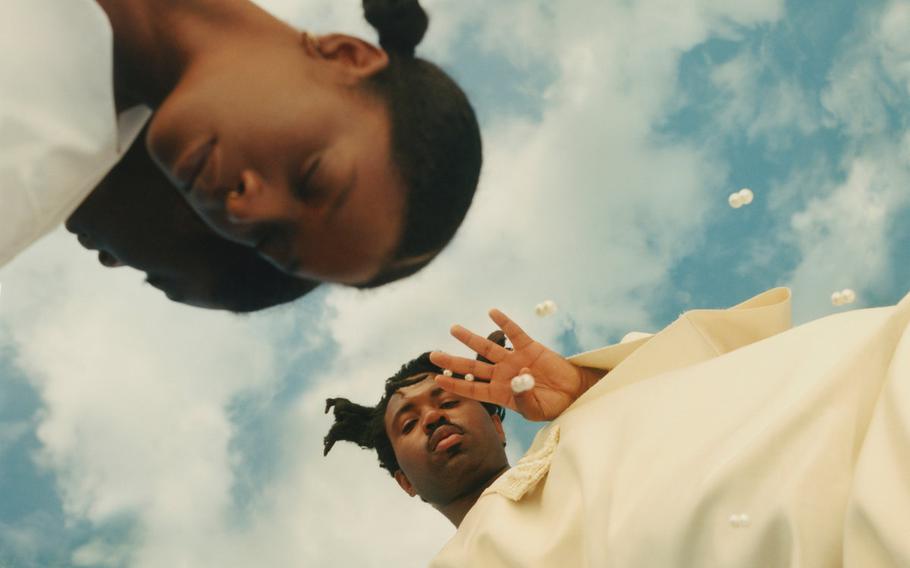
()
If it’s not his silky, quirky, soulful voice, it’s the sparsity in the music. If it’s not the top-shelf list of collaborators, it’s the tastemaker credibility he’s garnered over the better part of a decade. If it’s not having a track on a list of the best songs of 2010, it’s winning the actual Mercury Prize. By whichever metric you choose, Sampha (full name Sampha Sisay) has quietly become one of the most essential voices in modern-day R&B.
And to think. He’s only two albums in.
Leave it to album No. 2, “Lahai,” to cement the singer’s place in forward-thinking soul music for as long as he wants it. The London-born crooner made no bones about being at his best when he wades in loss on 2017’s excellent “Process.” His latest set follows that template but takes it to an even more introspective high without having to explicitly outline where his head is at via the spoken word. Instead, he decides to deconstruct his own existential crises with the moody, at-times even catchy sonic structures that paint a picture as dark as it is deep, but as bright as it is hopeful.
Take opening track “Stereo Colour Cloud,” which combines the ethereal with a trip-hop groove that echoes in and out of consciousness. Only when those drums escape does the singer’s thoughtful voice begin to harmonize with itself, creating a fun energy that isn’t always promised from a Sampha song. Once the track begins to explore its final third and the “I miss you” refrain settles into a brilliant pattern, you’re ready to fully dive into the most sonically pleasing therapy session popular music has seen all year.
Traveling directly to “Spirit 2.0” proves as much. Released in June as the set’s lead single, the track is made to stick in your soul, complete with choral bounce and Sampha’s undeniable vocal accents. “Jonathan L. Seagull” continues that trend with a decidedly more gospel texture, utilizing to the fullest some piano and a spacey falsetto courtesy of the leading man. “Evidence” is then unspeakably pretty while keeping true to the singer’s moody formula. Built around the idea that “you’re enough evidence for me,” it embodies everything Sampha confronts on this album even if neither he nor the listener can pinpoint precisely what that is.
No matter. That’s what makes an artist like this so special. When you can combine the ambiguous with the universal, the width of your connectivity is almost entirely unmatched. “Lahai” proves that Sampha stands peerless among those who think critically, feel intensely, and express fearlessly. It’s a scary combination – and it’s one you have to hope he never stops exploring.